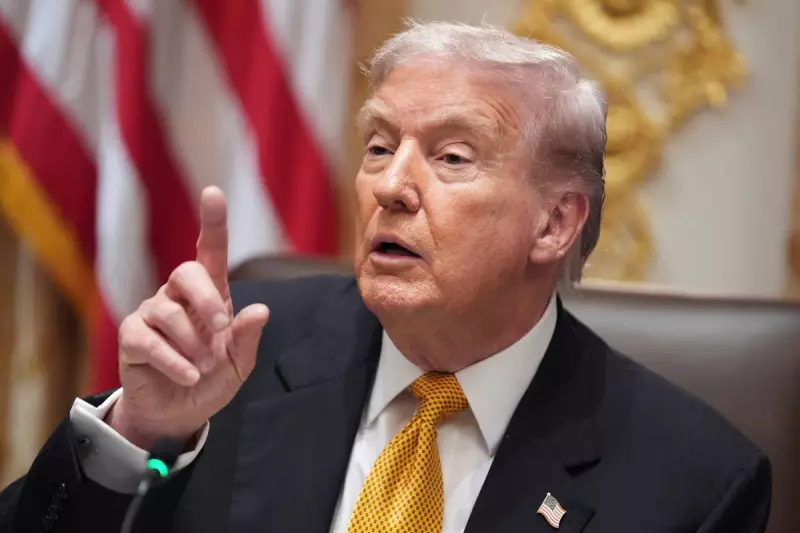
Former Guardian editor Alan Rusbridger has called on the BBC to respond to Donald Trump's $1 billion lawsuit with a defiant four-word message: "See you in court." The challenge comes as the former US president threatens legal action against the British broadcaster over a Panorama documentary.
The American capitulation
According to Rusbridger, major US news organisations have shown "the resolve of a jellyfish" when facing Trump's legal threats. Both ABC News and CBS News have reportedly paid millions to settle lawsuits that legal experts considered defensible. Trump has also filed a $10 billion claim against the Wall Street Journal and a $15 billion suit against the New York Times.
The former president has even targeted the Pulitzer Prize Committee for honouring the New York Times. Rusbridger argues that the BBC now has an opportunity to shame their American counterparts by refusing to be intimidated into apologies or donations to Trump's presidential library.
Legal weaknesses in Trump's case
Trump faces significant legal hurdles in pursuing his case against the BBC. The broadcaster points out that Panorama isn't available in the US, nor is BBC iPlayer without using a VPN - something that might prove awkward to admit in court.
More importantly, US media enjoys protection under the landmark 1964 case of NYT v. Sullivan. This ruling, from Justice William J. Brennan, essentially gives American journalists the right to be wrong when reporting on public figures, provided any errors are made honestly.
Brennan specifically warned about "the pall of fear and timidity" that legal actions could create for journalists. He established that debate on public issues should be "uninhibited, robust and wide open" and could include "vehement, caustic and sometimes unpleasantly sharp attacks on government and public officials."
The editing controversy and defence
While acknowledging that the Panorama film contained a "bad edit" that was "unprofessional and wrong," Rusbridger questions whether it was materially misleading about Trump's role in the January 6 Capitol riot. The BBC could cite numerous congressional and legal authorities to support their position.
Veteran Panorama reporter John Ware has highlighted what he calls hypocrisy from the Daily Telegraph, which accused the BBC of "materially misleading" editing. Ware quotes the Telegraph's own reporting from January 2021, including their chief reporter Robert Mendick describing how "Trump threw on the whole, messy heap a burning match" and kept adding fuel throughout the day.
The BBC could also reference the Telegraph's coverage of then-Prime Minister Boris Johnson condemning Trump for "encouraging protesters" who stormed the Capitol, and columnist Ambrose Evans-Pritchard referring to the "explicit incitement by the president."
Rusbridger concludes that Trump has a weak case and urges BBC chair Samir Shah to ensure no licence fee money funds the Donald J Trump Library. The message to American broadcasters should be clear: this is what a British backbone looks like.





